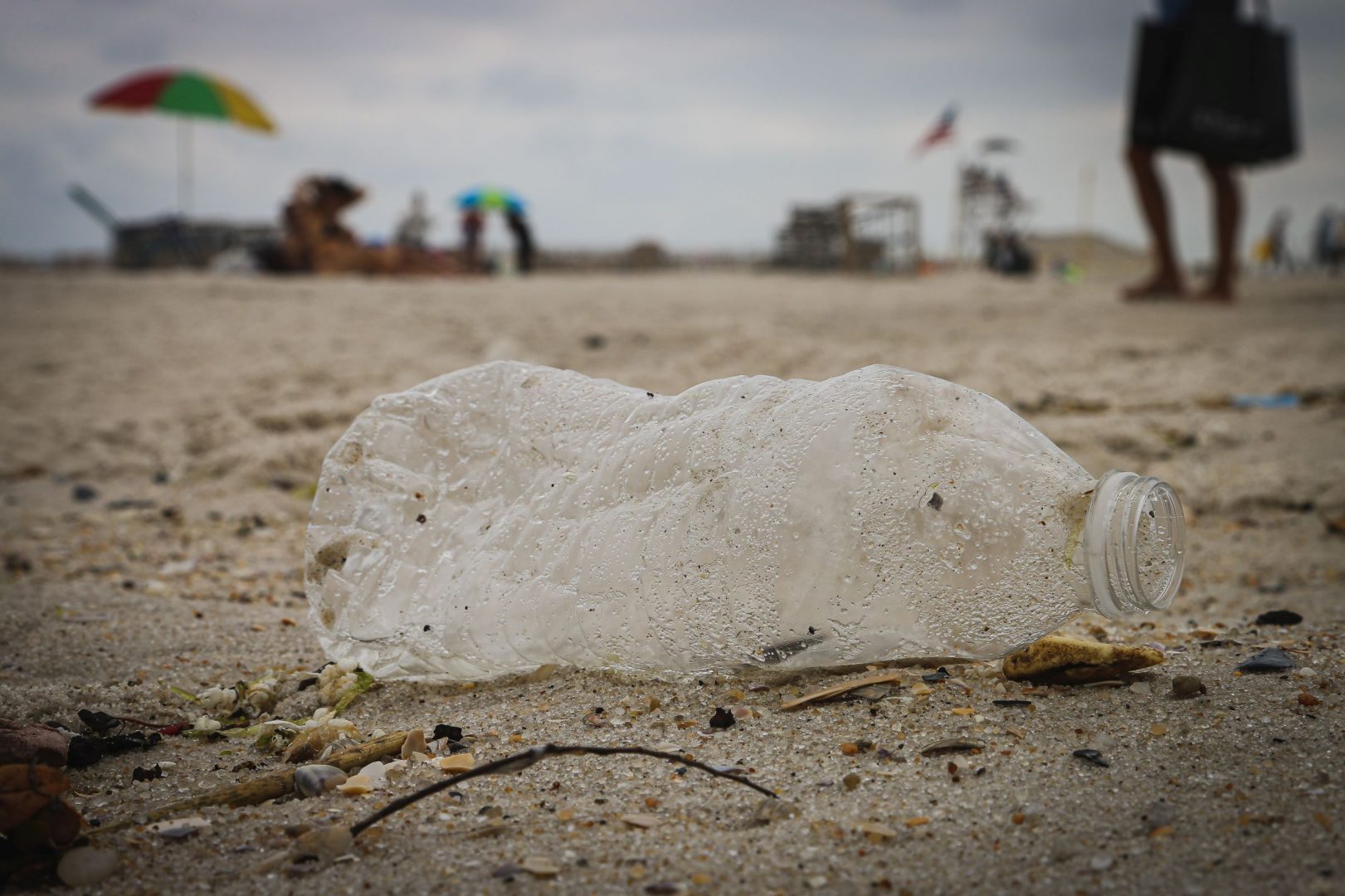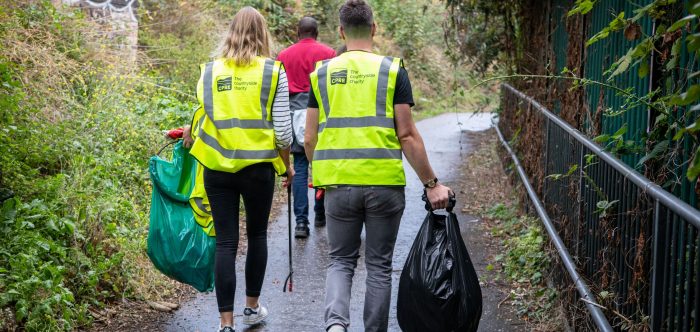Beaches

The responsibility for cleaning beaches falls on the owner. Most come under the responsibility of district and borough councils.
Beach areas
The area of a beach is divided into three: above the Mean High Water mark, between the Mean High and Low Water mark, and below the Mean Low Water mark.
- Beaches generally belong to the landowner responsible for the adjoining land and their responsibility extends onto the beach to the point of the Mean High Water mark (MHW). This is the average height of the high tide on that beach. Beaches may be privately-owned by individual landlords or organisations (for example, the National Trust and the Ministry of Defence), but most beaches are public and belong to local authorities. The responsibility for cleaning beaches lies with the owner.
- The area of beach between the MHW and the Mean Low Water mark (MLW) is known as the ‘foreshore’ and may, similarly, be owned by a range of individuals/organisations on the same basis, that is, the owner of the adjacent land. About half such land is actually owned by the Crown Estate. Other owners include the Duchies of Cornwall and Lancaster, local authorities, the RSPB, the National Trust, the Ministry of Defence and private individuals.
- Beaches and the land beyond the MLW out to the sea is owned by the Crown and a small area of the seabed is owned by harbour authorities and local authorities. If beaches are leased to third parties, responsibilities may be agreed on a site-by-site basis according to the terms of the lease.
Some councils have formed partnerships with other bodies (such as Southend Council’s partnership with Veolia Water) for litter clearance on beaches, others hire private contractors to clear litter or simply rely on voluntary litter-picking. Natural England and the Maritime and Coastguard Agency may also become involved in cleaning beaches. A number of non-governmental organisations, which form the Marine Litter Action Network (for example, the Marine Conservation Society and Beachwatch UK), engage in litter clearing from beaches. District authorities with a coastline will generally include the beaches in their schedule for street sweeping.
Some coastal district councils employ a specific role-holder with responsibility for beach-related matters. Tendring District Council in Essex, for example, employs a seafronts manager. A particular issue is the removal of dead marine animals washed ashore, with costs increasing as specialist companies are required to remove these. This can be costly, the removal of a seal carcass, for example, involves two operatives, increasing the cost for a single clearance to £350.
Legislation
UK legislation applicable to the clearance and/or enforcement against littering of beaches is:
- Environmental Protection Act 1990
- Clean Neighbourhoods and Environment Act 2005
- Anti-Social Behaviour, Crime and Policing Act 2014
- Other Legislation: 2010 Waste (Wales) Measure, 2015 Wellbeing of Future Generations (Wales) Act
Responsibility for clearance and enforcement of litter on beaches
Councils: Section 89(1) of the EPA 1990 places a duty on certain bodies to ensure that land, for which they are responsible, is, so far as is practicable, kept clear of litter and refuse. There are many bodies listed, including but not limited to county, district, borough and parish councils.
- County councils: Although there is a duty on county councils in practice district and borough councils clear litter from relevant land.
- District and borough councils: District and borough councils clear litter from relevant land which includes beaches. Under s87 of the EPA 1990, district and borough councils are also able to issue FPNs for littering.
- Parish councils: Under Section 88(9)(f) of the Environmental Protection Act 1990, a parish council is recognised as a ‘litter authority’ which can issue FPNs for littering. In practice, many parish councils are unaware that they have this power or are insufficiently resourced to issue FPNs. However, under the Environmental Offences (Fixed Penalties) (Miscellaneous Provisions) Regulations 2007 anyone authorised by a parish council to issue FPNs must have completed a course by a provider approved by the secretary of state (typically such courses are provided by the Keep Britain Tidy Network).
Private landowners: There are few duties on private landowners to clear litter from beaches unless there are restrictive covenants on the land. If a private property allows an accumulation of litter to such an extent that it becomes undesirable or a health hazard to others a Community Protection Warning or Notice can be issued under the Anti-Social Crime and Policing Act 2014.
Maritime and Coastguard Agency: There is no apparent legislation placing a duty on the Marine and Coastguard Agency to clear litter from the beach.
Environment Agency: The Environment Agency has responsibility for water quality and flooding but doesn’t have any duty to keep beaches clear of litter or enforce against littering.
Volunteers: No legal obligation on volunteers to clear litter and they do not have any enforcement powers. With the growth in awareness of marine pollution many people volunteer as individuals or in groups to litter-pick on beaches. It is a relatively safe activity.






